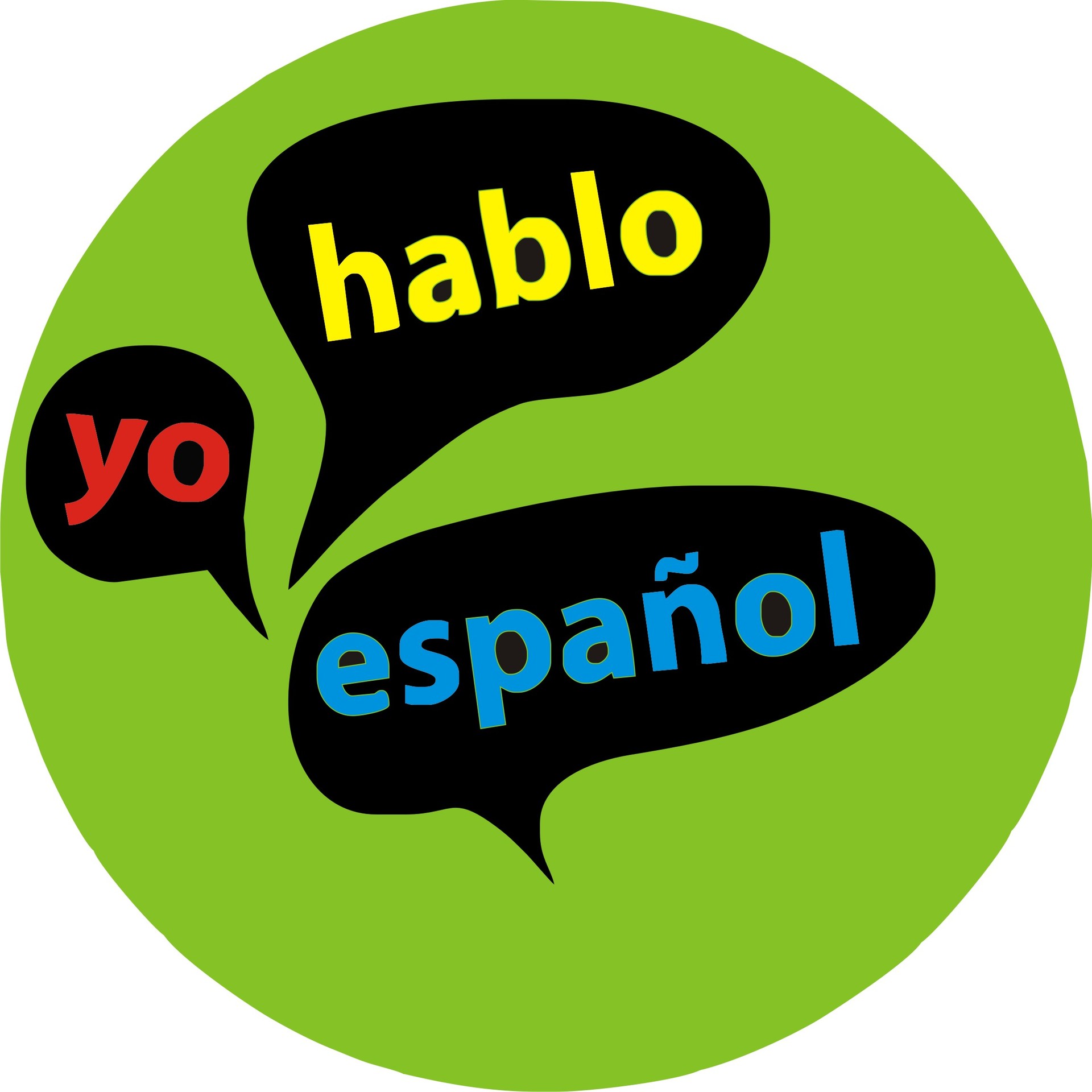True in spanish language – Embark on a linguistic journey to explore the multifaceted world of “true” in Spanish. From its various contexts and usage to its cultural and historical significance, this comprehensive guide unravels the intricacies of this essential word.
Whether navigating formal or informal settings or delving into the nuances of different Spanish-speaking regions, understanding the complexities of “true” is key to effective communication.
Definition and Meaning
The Spanish translation of “true” is “verdadero”. It is used in a variety of contexts, including:
To describe something that is factual or accurate:
Es verdad que el cielo es azul.
(It is true that the sky is blue.)
To express agreement or confirmation:
Sí, es verdad.
(Yes, it is true.)
To indicate that something is genuine or authentic:
Esta es una obra de arte verdadera.
(This is a true work of art.)
Usage in Different Contexts

The use of “true” varies depending on the formality of the setting and the region where Spanish is spoken.
Formal Settings
In formal settings, “true” is typically translated as “verdadero”. This is the case in written documents, academic papers, and legal proceedings.
Informal Settings
In informal settings, “true” can be translated as either “verdadero” or “cierto”. “Cierto” is more commonly used in spoken Spanish, while “verdadero” is more common in written Spanish.
Regional Nuances
The use of “true” can also vary depending on the region where Spanish is spoken. In some regions, such as Spain, “verdadero” is the most common translation for “true”. In other regions, such as Latin America, “cierto” is more commonly used.
Synonyms and Antonyms

The Spanish language possesses a diverse vocabulary, and the concept of “true” is no exception. There exists a range of synonyms that can be employed to convey this idea, each with its own subtle nuances.
Synonyms, True in spanish language
Here are some common Spanish synonyms for “true”:
- Cierto
- Verdadero
- Real
- Auténtico
- Efectivo
Antonyms
In contrast, the Spanish language also has several antonyms that express the opposite of “true”. These include:
- Falso
- Mentira
- Engaño
- Ficticio
- Ilusión
These antonyms are frequently used to denote falsehoods, deceptions, or concepts that lack factual basis.
Cultural and Historical Significance: True In Spanish Language
In Spanish-speaking communities, the word “true” carries significant cultural and historical weight. It is a cornerstone of the language, deeply embedded in the fabric of everyday life and cultural expression.
Historical Evolution
The Spanish word “verdadero” (true) originates from the Latin “verus,” meaning “true, real, or genuine.” Over time, the word has undergone subtle shifts in meaning, reflecting the evolving societal and linguistic landscape.
In medieval Spain, “verdadero” was closely associated with religious truth and divine authority. It was used to convey the absolute and unquestionable nature of religious dogma. As society became more secularized, the word’s meaning expanded to encompass a broader range of truths, including scientific, philosophical, and personal experiences.
Cultural Significance
In contemporary Spanish-speaking cultures, “verdadero” remains a powerful and multifaceted word. It is used to express a wide range of meanings, from factual accuracy to moral certitude. It is also frequently employed in idioms and proverbs, reflecting the word’s deep integration into the cultural consciousness.
For example, the phrase “la verdad es amarga” (the truth is bitter) highlights the often uncomfortable or inconvenient nature of truth. Conversely, the saying “la verdad siempre sale a la luz” (the truth always comes to light) expresses the enduring belief in the power of truth to prevail.
Idioms and Phrases
In Spanish, the word “true” (verdadero) is used in a variety of idioms and phrases. These idioms and phrases can be used to express a range of meanings, from literal truth to figurative speech.
The following table provides a list of some common Spanish idioms and phrases that use “true”:
| Spanish Idiom or Phrase | English Translation | Explanation |
|---|---|---|
|
La verdad duele |
The truth hurts |
This idiom means that the truth can be painful to hear, but it is important to hear it anyway. |
|
La verdad siempre sale a la luz |
The truth always comes out |
This idiom means that no matter how hard you try to hide the truth, it will eventually come out. |
|
La verdad es más extraña que la ficción |
Truth is stranger than fiction |
This idiom means that real life can be more bizarre and unbelievable than anything you could make up. |
|
No hay nada más verdadero que la verdad |
There is nothing more true than the truth |
This idiom means that the truth is the most reliable and trustworthy source of information. |
|
Decir la verdad es un deber |
Telling the truth is a duty |
This idiom means that it is important to tell the truth, even when it is difficult. |
Grammatical Usage

The Spanish word “true” can be used as an adjective, adverb, or noun. As an adjective, it means “correct” or “accurate.” As an adverb, it means “in truth” or “indeed.” As a noun, it means “truth” or “fact.”
As an Adjective
When used as an adjective, “true” comes before the noun it modifies. For example:
- La información es verdadera. (The information is true.)
- El rumor es falso. (The rumor is false.)
As an Adverb
When used as an adverb, “true” comes after the verb it modifies. For example:
- Ella realmente lo ama. (She truly loves him.)
- Es verdaderamente hermosa. (She is truly beautiful.)
As a Noun
When used as a noun, “true” can be used with or without the definite article “la.” For example:
- La verdad es que no lo sé. (The truth is that I don’t know.)
- No me digas la verdad. (Don’t tell me the truth.)
Summary
Through an in-depth examination of synonyms, antonyms, idioms, and grammatical usage, this exploration provides a profound understanding of “true” in Spanish. By mastering its subtleties, language learners and enthusiasts alike can unlock the true potential of their Spanish proficiency.
FAQ
What is the Spanish translation of “true”?
Verdadero
How is “true” used in formal settings?
Verdadero is typically used in formal settings to convey factual information or express certainty.
What are some common idioms that use “true”?
– Es verdad: It’s true – A decir verdad: To tell the truth